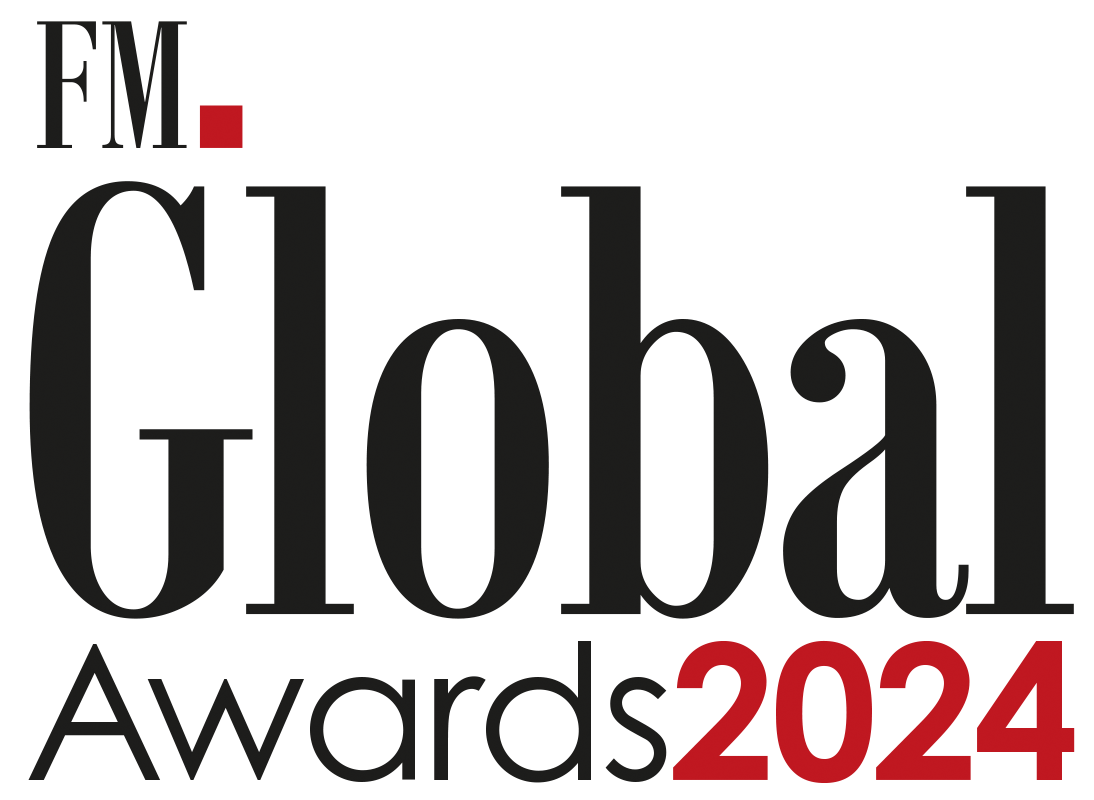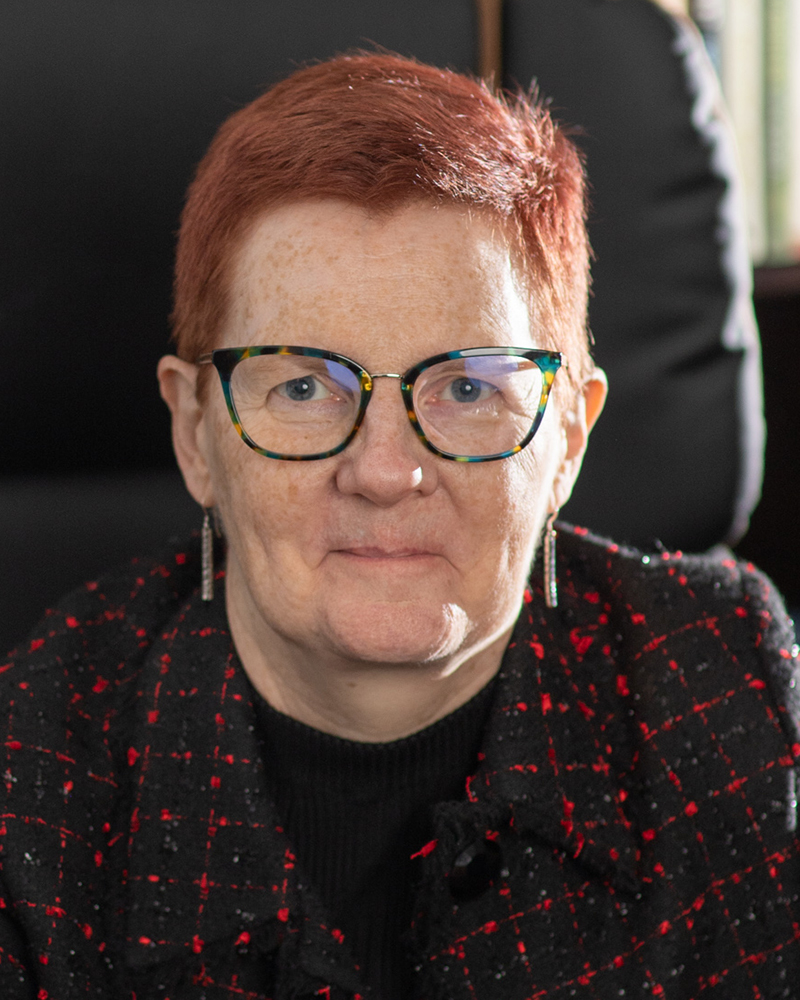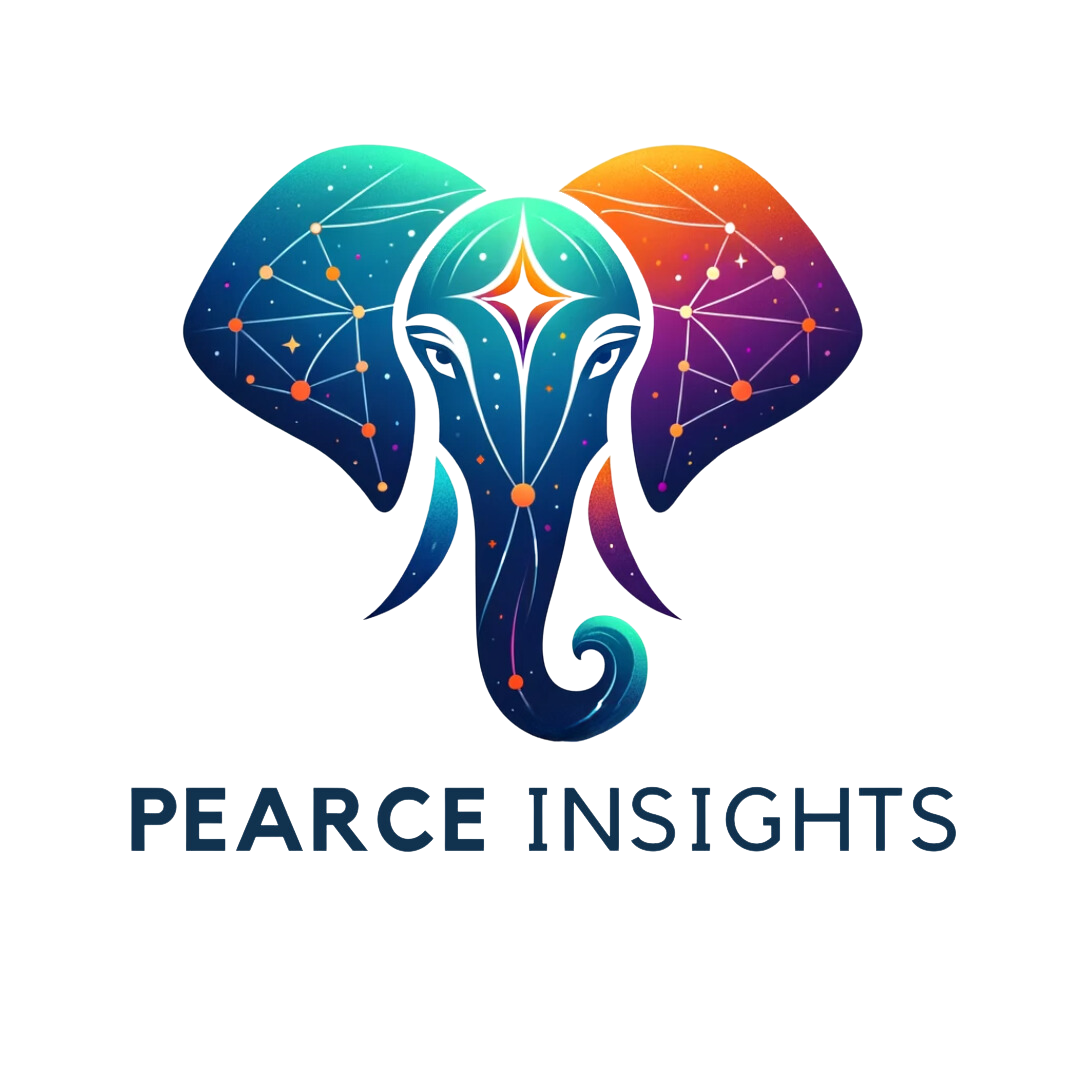In this insightful interview, we explore the unique journey of Ruth Pearce, a former economist and project manager who found her true calling in group and team coaching. Ruth's transition to coaching, leading to the establishment of Pearce Insightsª, is a testament to her belief in the transformative power of coaching and her dedication to making it widely accessible. She shares with us the evolution of her career, her distinct coaching philosophy, and the insights gained from her extensive experience in teaching and coaching a diverse range of individuals.
Ruth, starting as an economist and transitioning into project management, you experienced a pivotal shift towards coaching after a burnout. Could you share how this transition unfolded and what specifically drew you to group and team coaching as your true passion, which led to the formation of Pearce Insightsª?
My interest in coaching sparked early, driven by a desire to see people learn, grow, and accomplish their goals. The move towards group and team coaching was a natural progression, allowing me to impact more lives. The collective wisdom in group settings is immensely powerful, fostering shared learning and highlighting our common human experiences.
How would you describe your coaching philosophy, and how does it set you apart in executive coaching?
My coaching philosophy blends scientific research with practical approaches to nurture traits like Hope, Strength, Bravery, and Curiosity. These often-misunderstood qualities are, in fact, innate and cultivable. My focus is on creating personalized coaching models that cater to each individual's unique experiences and perspectives.
In your experience, what key elements make an executive coaching relationship successful?
Rapport is fundamental to successful executive coaching. Trust and a deep explorative relationship between coach and client are key. This relationship should be built on hope, strengths, bravery, and a healthy sense of curiosity, combined with trust, humor, and honesty.
In your career, you've emphasized the importance of change management. How do you apply change management principles in your coaching practice to help clients navigate and adapt to organizational or personal transitions effectively?
Change is constant, and effective coaching involves helping clients embrace and adapt to it. Coaching is like a lab for experimenting with new behaviors and perspectives, providing a safe space for individuals to explore and practice change.
Having created LinkedIn Learning courses and trained over 175,000 people, including more than 60 new coaches, what have been some of the most significant lessons you've learned from these diverse teaching and coaching experiences?
Teaching and coaching a diverse audience have reinforced my belief in continuous learning and
the value of diverse ideas. My approach is conversational and fluid, focusing on the exploration of ideas and fostering a collaborative learning environment.
What trends are you currently observing in executive development and leadership training?
Current trends in executive development emphasize adaptability and an experimental mindset. The focus is on self-awareness, meaningful connections, and encouraging variation and experimentation from a foundation of common understanding.
How do you tailor your coaching to accommodate different leadership styles and personalities, and how do you work with individuals with entrenched and outdated working methods?
In coaching, I focus on what clients already know and their inherent strengths. Challenging clients to measure the success of their methods often reveals the need for change. Cultivating curiosity and bravery is crucial, especially for leaders to engage more effectively with their teams.
Have you ever faced a situation where coaching did not produce the desired results, and how did you handle it? And, on reflection, was this a helpful experience?
Not all coaching results align with initial expectations. Sometimes, the journey reveals different needs or goals, and that's part of the process. Embracing these outcomes is essential, as they offer valuable insights and learning opportunities.
You also formed another company, ALLE LLC, with two experienced coaches - Allison Jarrett and Irene Poku. How does your working relationship with Allison and Irene help your clients with their coaching needs?
Working with Allison Jarrett and Irene Poku at ALLE LLC enhances our coaching services. Our diverse life experiences and expertise in various fields allow us to connect deeply with clients and offer a rich coaching experience.
Finally, what advice would you give those considering executive coaching and change management services? How can they become aware that organizational and individual change may be needed?
Embrace change and be open to learning and adapting. Be selective in choosing a coach Ð the right fit is crucial. Coaching is about growth and progress, which requires active participation and a willingness to explore new paths and adapting to new challenges. It's important to seek coaching relationships that encourage growth, choice, and new options, rather than clinging to old habits and perspectives. Embrace adaptability, as it is key to both personal and organizational success.
Website:
www.pearceinsights.com
LinkedIn Personal:
www.linkedin.com/in/ruth-pearce/
Linkedin Company:
www.linkedin.com/company/pearce-insights/
Linktree:
https://linktr.ee/pearceinsights#
Email:
RuthPearce@ALLELLC.org
Meet with Ruth:
https://calendly.com/pearceinsights24
Book:
www.amazon.com/Hopeful-Strong-Brave-Curious-Meaningful-ebook/dp/B0CRMMZJS6/



